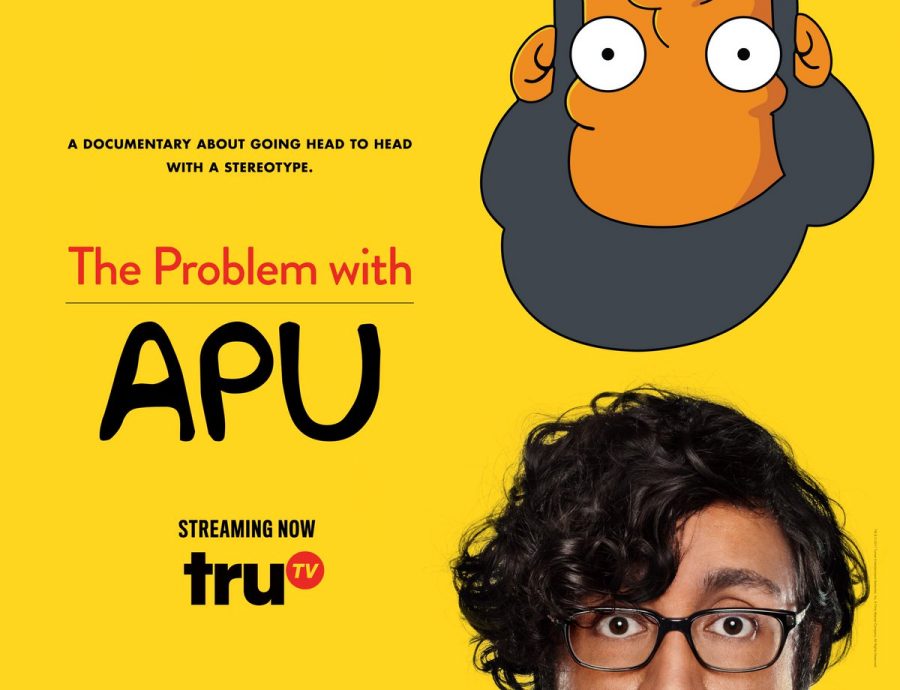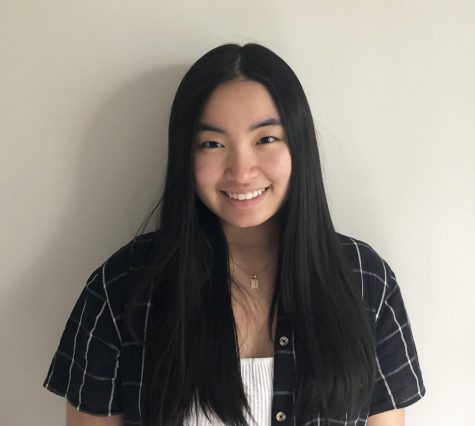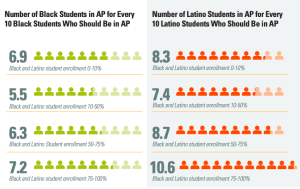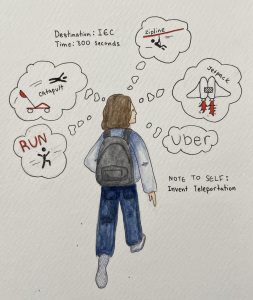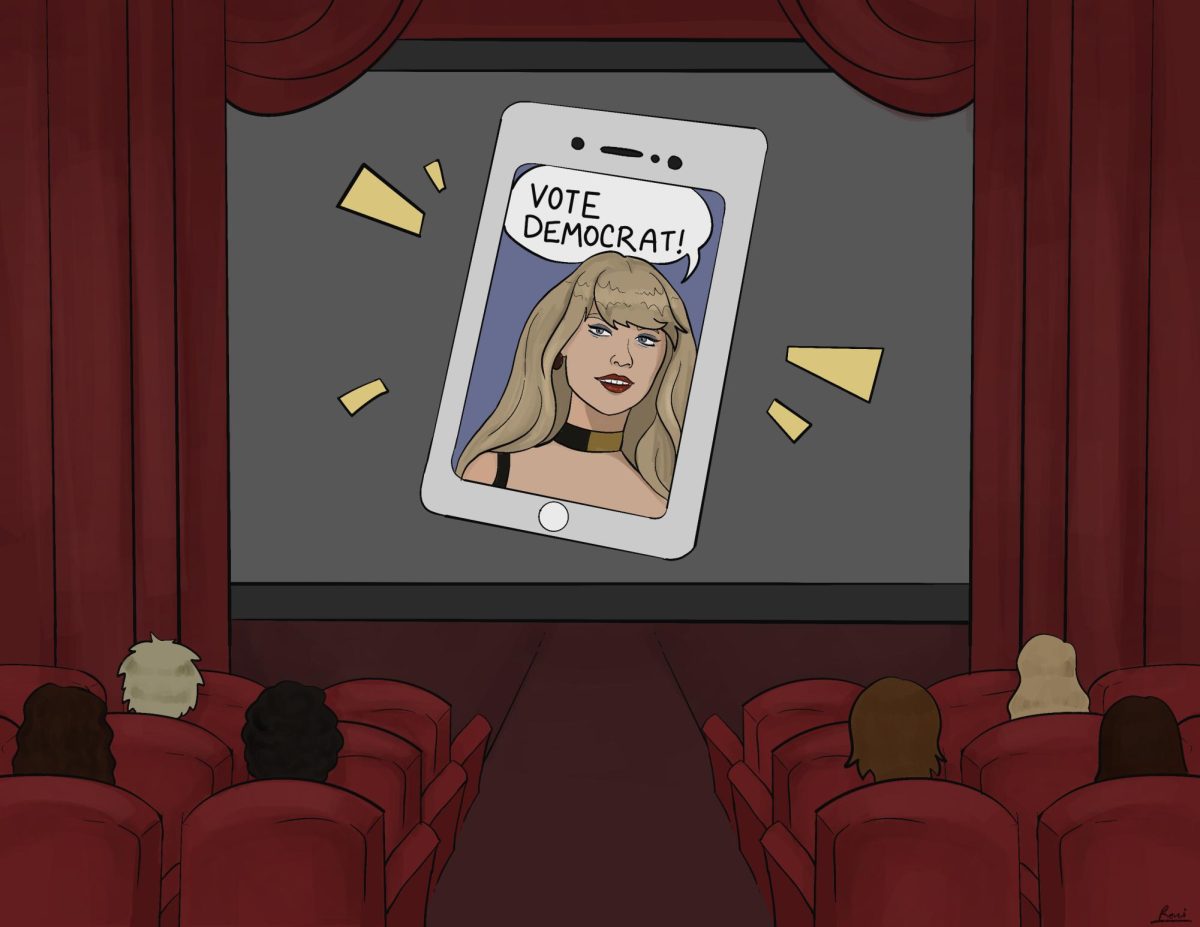Doc Films and Desi Club explore minstrelsy and misrepresentation with The Problem with Apu
December 11, 2017
In a recent collaboration between the Doc Films club and DESI club at Masters, the documentary The Problem with Apu was shown this past Friday, December 8. The Problem with Apu was released on November 17, 2017, featuring and written by comedian Hari Kondabolu. The film focuses on addressing problems surrounding The Simpsons’ character Apu Nahasapeemapetilon, hence the documentary’s name.
Apu Nahasapeemapetilon is a South Asian character voiced by Hank Azaria, a white man–who won three Emmys for voicing the character.Aside from the problem that a South Asian character is voiced by a white person, Apu perpetuates south Asian stereotypes. As the only South Asian to appear regularly in a popular TV show, Apu’s character is the Indian and South Asian stereotype, through having a stereotypical Indian accent, being a shop manager, and having an arranged marriage. Because of the lack of other representation of South Asians, Apu became the one South Asian figures that television viewers were exposed to. There was nothing to counteract this stereotype within American mainstream media at the time, so South Asian-Americans like Kondabolu suffer the consequences of this.
“And even though I grew up in Queens, I still had the same vulnerabilities, and my parents were accented. I thought: how are they going to view my parents, how are they going to view me?” says Kondabolu, in his documentary.
The negative effects of Apu’s flat character are echoed by other South Asian actors and comedians Aziz Ansari, Kal Penn, Aparna Nancherla, and more.
Another scene within the documentary features Whoopi Goldberg and Kondabolu sitting down and discussing whether or not Apu’s character can be considered a minstrel. Minstrelsy refers to people who blackened their faces for comedic shows in the early 19th century or people who performed blackface. Minstrelsy was a genre that exaggerated black experiences and reinforced black stereotypes. It perpetuated ideas of black inferiority and white superiority. In a broader term, minstrelsy in this context is being used as the idea that a white person is misrepresenting a person of color, as well as perpetuating a stereotype. Apu does exactly that. Apu is mainly characterized by his job, and his character is to provide comedic relief. However, this is done by using the South Asian stereotype and ultimately mocking South Asians.
While the film touches on the fact that South Asian representation in TV and media has increased through people like Mindy Kaling, Aziz Ansari, Riz Ahmed, Priyanka Chopra, Hasan Minhaj and more, lack of representation and misrepresentation are problems that people of color, especially Asian-Americans, still suffer from today. Max Minghella played an Indian student in 2010 movie named The Social Network. Tilda Swinton played a Tibetan mystic in 2016’s Doctor Strange. Emma Stone played a Chinese-Hawaiian woman in 2015’s Aloha. Scarlett Johansson plays an Asian character in 2017’s Ghost in the Shell. Nat Wolff’s character in 2017’s Death Note was not only played by a white man but was also renamed Light Turner, as opposed to Light Yaganami–the original name of the character in the manga and anime.
It’s important that clubs like Doc Films and Desi draw attention to this issue by showing this film.
“I thought it was a great movie. I certainly learned a lot about the importance of groups being able to tell their own story. I applaud everyone involved, I think it was a great choice,” junior David Oks said.
Co-President of Desi, Leena Khurana, reflects on the importance of the film: “We don’t really have the chance to talk about the Indian and Pakistani issues. It’s really important to have a discussion to see what think of it and what their people’s perspectives are.”
Hollywood doesn’t only whitewash Asians. Hollywood whitewashes all groups of people of color. Progress is being made, as demonstrated by the casting of Asians in the upcoming live-action movie Mulan. Still, there are long ways to go. As an Asian-American myself, I hope to see Asians in roles meant for Asians, as well as for all groups of people of color. Media monumentally influences everyday life for everyone, and changes in the media can be instrumental in societal shifts as well.
Desi and Doc Films both have plans to continue highlighting different issues and topics.
Co-President of Doc Films Club Cedar Berrol-Young ‘18 talks about the club’s future plans: “We’re thinking of collaborating with Onyx January 5th. We’re probably going to show the movie Good Hair, with Chris Rock. It’s about that term, and how damaging it can be. A young filmmaker will also come in and talk about and what it means to be a filmmaker and his commitment to that.”
Co-President of Doc Films, Campbell Ives ‘18 said “We really try and collaborate with other clubs. Documentaries are always going to be about something kids at Masters want. That’s what we were trying to do with this and all our other events, collaborate.”
Co-President of Desi, Amita Khurana states, “We want to do one month or one week dedicating to Indian history”.



